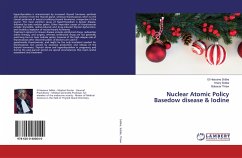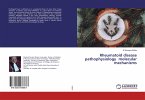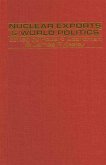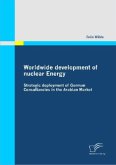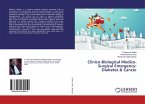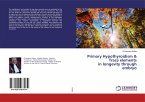Hyperthyroidism is characterised by increased thyroid hormone synthesis and secretion from the thyroid gland, whereas thyrotoxicosis refers to the clinical syndrome of excess circulating thyroid hormones, irrespective of the source. The most common cause of hyperthyroidism is Graves' disease, followed by toxic nodular goitre. Other important causes of thyrotoxicosis include thyroiditis, iodine-induced and drug-induced thyroid dysfunction, and factitious ingestion of excess thyroid hormones. Treatment options for Graves' disease include antithyroid drugs, radioactive iodine therapy, and surgery, whereas antithyroid drugs are not generally used long term in toxic nodular goitre, because of the high relapse rate of thyrotoxicosis after discontinuation. ¿ blockers are used in symptomatic thyrotoxicosis, and might be the only treatment needed for thyrotoxicosis not caused by excessive production and release of the thyroid hormones. Thyroid storm and hyperthyroidism in pregnancy and during the post-partum period are special circumstances that need careful assessment and treatment.
Hinweis: Dieser Artikel kann nur an eine deutsche Lieferadresse ausgeliefert werden.
Hinweis: Dieser Artikel kann nur an eine deutsche Lieferadresse ausgeliefert werden.

